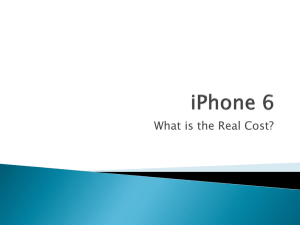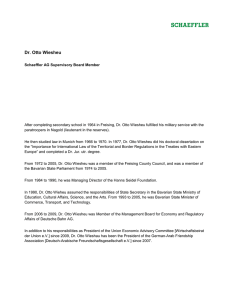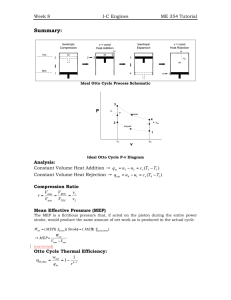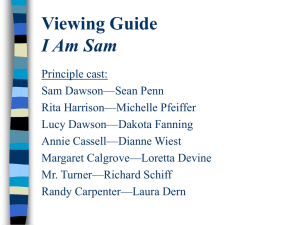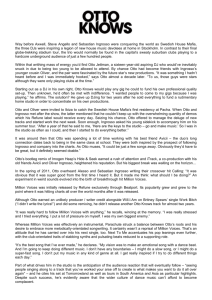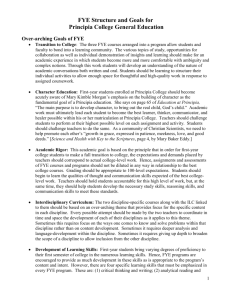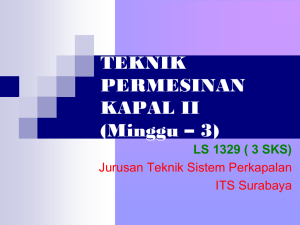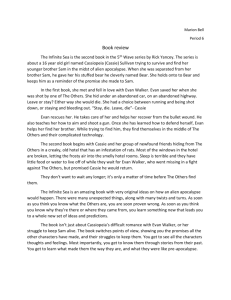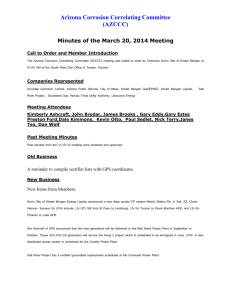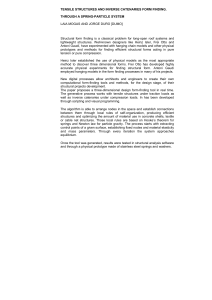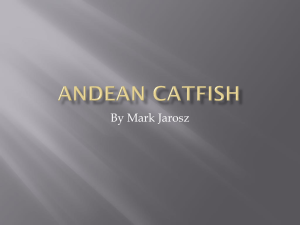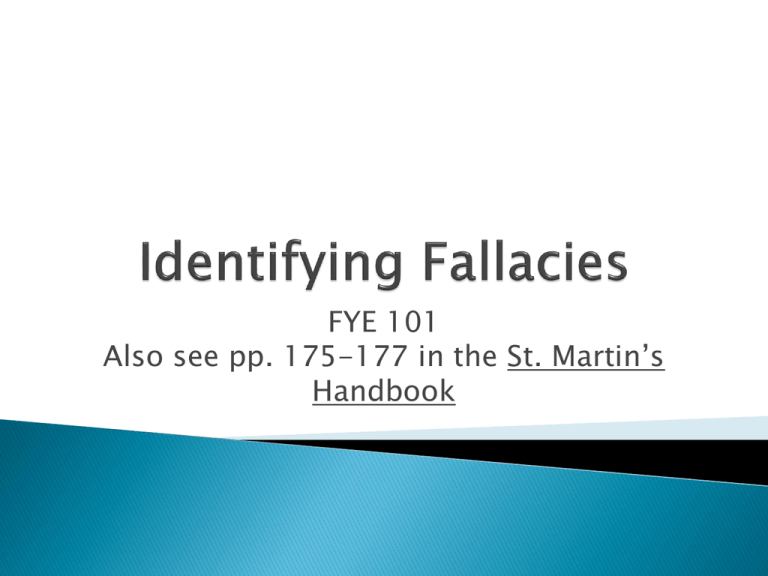
FYE 101
Also see pp. 175-177 in the St. Martin’s
Handbook
Person A makes claim X. Person B makes an
attack on person A. Therefore A's claim is
false.
For example:
Although Ms. Bell’s book on Joe DiMaggio
was well researched, I doubt that an
Australian historian can contribute much to
our knowledge of an American baseball
player.
Person A makes claim X. Person B asserts that
A's actions or past claims are inconsistent
with the truth of claim X. Therefore X is false.
Example:
◦ Sunera: I think there should be a way for illegal
immigrants to obtain citizenship.
◦ Barbara: But you just said the opposite last month,
so you must be wrong now.
Person A is (claimed to be) an authority on
subject S. Person A makes claim C about
subject S. Therefore, C is true.
Example:
◦ Obama is a Muslim who was born somewhere in
Africa who wants to turn America into a Nazi-like
state. [This author is a citizen of Shreveport]
Most people believe that a claim, X, is true.
Therefore X is true.
Example:
◦ Most people believe the United States is a Christian
Nation.
◦ Therefore, the United States is a Christian Nation.
X is a common action. Therefore X is
correct/moral/justified/reasonable, etc.
Example:
◦ Most men view women as sex objects so there must
not be anything wrong with it; I guess guys are just
wired that way.
Favorable emotions are associated with X.
Therefore, X is true.
Example:
◦ Heaven is a beautiful place where one is reunited
with departed love ones and lives an eternity of
happiness. Therefore, heaven exists.
Y is presented (a claim that is intended to
produce fear). Therefore claim X is true (a
claim that is generally, but need not be,
related to Y in some manner).
Example:
◦ Do not “double dip” your chip in the salsa. You
could contract AIDS that way. [An actual statement
from a former staff member of Student Life at
Centenary]
Person A is flattered by person B. Person B
makes claim X. Therefore X is true.
Example:
◦ Sam: Dr. Otto, you are the best teacher I have ever
encountered.
◦ Dr. Otto. Thanks, Sam.
◦ Sam: Just between us, I think Dr. Mackie does not
know anything in his discipline.
◦ Dr. Otto. Probably so! [Disclaimer: Actually this
conversation never took place]
X is new. Therefore X is correct or better.
Example:
◦ The Iphone 6 is the latest in technology.
◦ Therefore the Iphone 6 is the best cell phone on the
market.
◦ I must have an Iphone 6 now!
P is presented, with the intent to create pity.
Therefore claim C is true.
Example:
◦ Sunera: Thomas is the worst of the candidates we
have interviewed.
◦ Laura: But Thomas was nervous because he has
been unemployed for several months and really
needs the job to feed his family and feel like the
head of the household again.
◦ Sunera: Well, on second thought, I guess Thomas
would do ok in the position.
X, which is some form of ridicule is presented
(typically directed at the claim). Therefore
claim C is false.
Example:
◦ Same-sex marriage? Not until the Bible is written
to say “Adam and Steve” rather than “Adam and Eve”
Ha-Ha!
Claim X is presented with the intent of
generating spite. Therefore claim C is false
(or true)
Example:
◦ Sunera: I think John’s idea about our final exam in
FYE is a good one.
◦ Clyde: Oh, is this the same John who I heard called
you a *%$#@ biach at the KA house last weekend?
◦ Sunera: What??? Then John can take his idea and
shove it!
X is old or traditional therefore X is correct or
better. The “We have always done it that way”
fallacy.
Example:
◦ Shandra: What! No catfish in the cafeteria on
Friday? We have always had “Catfish Friday” at
Centenary!
Person P is pressured by his/her peers or
threatened with rejection. Therefore person
P's claim X is false.
Example:
◦ Sunera: I think that persons of all religious
convictions should be shown respect.
◦ Jackson: Well, Sunera, I guess you are not a Godfearing Christian like the rest of us. We sure will
miss you here.
◦ Sunera: Ha-Ha! Only joking! I know they will all
burn in Hell!! Yay!
Premises in which the truth of the conclusion
is claimed or the truth of the conclusion is
assumed (either directly or indirectly). Claim
C (the conclusion) is true. Also known as a
circular argument.
Example:
◦
◦
◦
◦
Sunera: How do you know God exists?
Evan: Because the Bible says so.
Sunera: But why should I believe the Bible?
Evan: Because God wrote it.
Claim X is presented by side A and the
burden of proof actually rests on side B. Side
B claims that X is false because there is no
proof for X.
Example:
◦ Sunera: I believe in reincarnation.
◦ Tommy: But where is your proof?
◦ Sunera: Tommy, nobody has yet to prove that
reincarnation does not occur!

